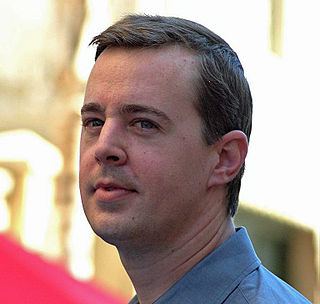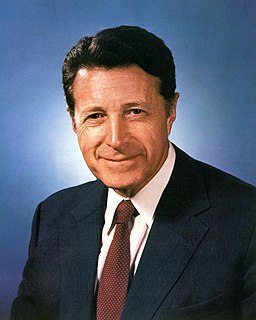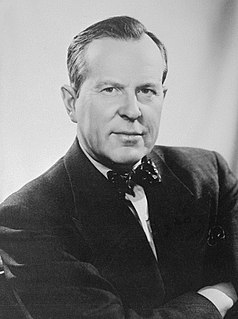A Quote by John Kasich
We have to go massively, like we did in the first Gulf War where we destroyed Saddam's ability to take Kuwait. We need to have a coalition that will stand for nothing less than the total destruction of ISIS and we have to be the leader.
Related Quotes
I voted against the war in Iraq. I voted against the first Gulf War. I think war is the last resort - the last option of a great military power like us. I think that we need to focus on building coalitions. Yes, ISIS must be destroyed. But it should be destroyed by a coalition of Muslim nations on the ground with the support of the United States and the other major powers in the air and in training the troops there.
Iraq does pose a serious threat to the stability of the Persian Gulf and we should organize an international coalition to eliminate his access to weapons of mass destruction. Iraq's search for weapons of mass destruction has proven impossible to completely deter and we should assume that it will continue for as long as Saddam is in power.
Fortunately in Libya, there's only a few cities on the coast, because most of Libya is a desert. The fact of the matter is, we absolutely have to be - and not just with special forces - I mean, that's not going to work. Come on, you've got to go back to the invasion, when we pushed Saddam Hussein out of Kuwait. We have to be there on the ground in significant numbers. We do have to include our Muslim Arab friends to work with us on that. And we have to be in the air. And we - it should be a broad coalition made up of the kinds of people that were involved when we defeated Saddam.
After the end of the cold war, everybody thought, fantastic, finally the UN may be able to do what it was originally set up to do without big power divisions. It would be easy to get them to come together to resolve things. You will recall, on the first Gulf war, you almost got a unanimous resolution and a very solid coalition.
What do you mean less than nothing? I don't think there is any such thing as less than nothing. Nothing is absolutely the limit of nothingness. It's the lowest you can go. It's the end of the line. How can something be less than nothing? If there were something that was less than nothing, then nothing would not be nothing, it would be something - even though it's just a very little bit of something. But if nothing is nothing, then nothing has nothing that is less than it is.
Heavy as they are, the costs of action must be weighed against the price of inaction. If Saddam defies the world and we fail to respond, we will face a far greater threat in the future. Saddam will strike again at his neighbors; he will make war on his own people. And mark my words, he will develop weapons of mass destruction. He will deploy them, and he will use them.































